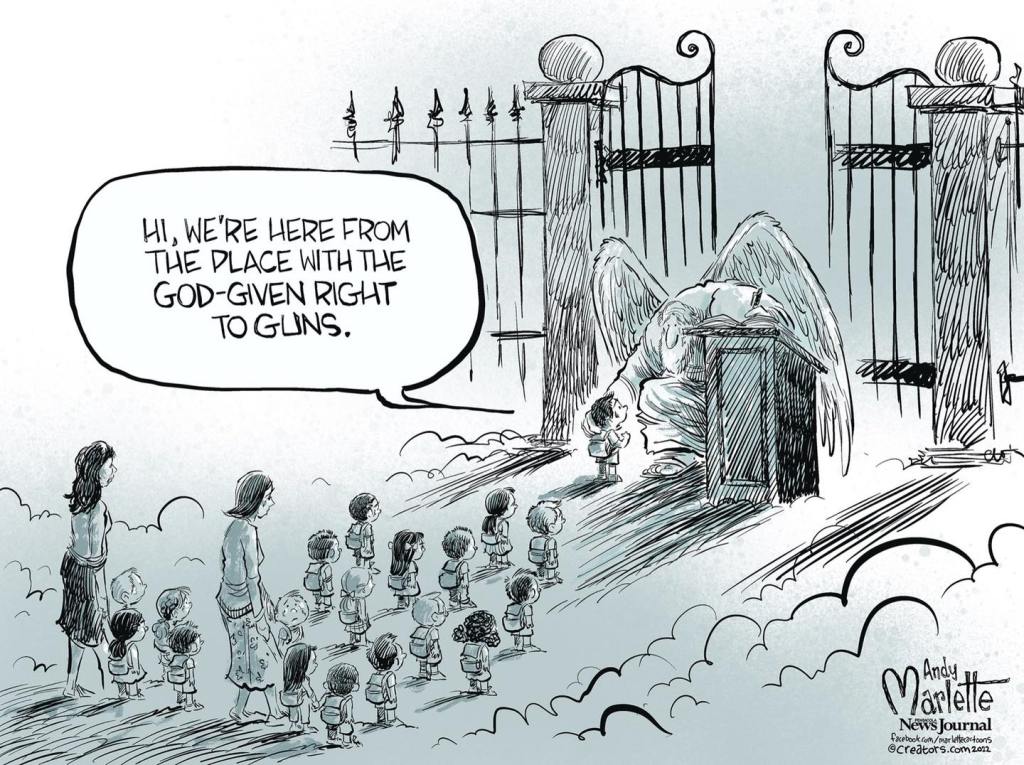I am going to declare that I dislike June. Let me explain. I dislike it because it was in June 70 years ago that a scourge was unleashed. Over the years it would affect five billion people around the globe. It is the ubiquitous aberration called the cell phone. And an engineer by the name of Martin Cooper has to take all the blame.

I do have an iPhone, but I hasten to declare that I did not buy it; it was imposed on me by the family. I have strict instructions to carry it around whenever I venture out of the house. This is to keep track of me, I am told, in case I wander around and get lost. Not unlike the electronic ankle bracelets that convicts on parole have to wear.
My frustration with the gadget is that in spite of rigorous instruction by a variety of specialists, I don’t know how to use it or take advantage of the numerous ‘apps’ that the instrument comes with. I am told that I can listen to my favorite music. Why do I need a phone for that when I can listen to all the music I want in the comfort of my armchair? Ah, you see, you can find the time of any place anywhere in the world, I am told. But why should I want to know the time in Timbuktu, especially now that I have no intention of going there? In three seconds flat, I can find the address of the Chinese restaurant closest to my house. But, although I love Chinese food, I prefer my good old chicken curry, I argued.
But I digress.
But what is incomprehensible to me is when the urge to use the cell phones strikes people. While driving, for instance, something that everyone agrees is a hazardous enterprise. The exception may be His Worship the Mayor of Toronto who does not care or does not understand, possibly the latter. Or while on public transit. Or horror of horrors, in the elevator.
Or in the grocery store. People come with long shopping lists but many people need to be in constant communication with someone at headquarters because of decision paralysis. Sometimes the chatter is continued even when the user reaches the checkout counter.
The other day, I had to join the regular line because I had 9 items, and you can have only 8 to use the fast counter. The person ahead of me had picked up a lot of things and so I knew it was going to take a while. I was watching with a great deal of interest the products pouring out from this person’s cart, when I heard from the recesses of her jacket a muffled sound that resembled the opening bars of Die Fleidermaus. The owner promptly retrieved something that looked like a travelling alarm clock, proceeded to flip the hinged doors and presto! I was looking at a cell phone. What, possibly, could this urgent call be about?
I was reminded of the chorus in Henry V who at one point said, “Now expectation sits in the air”.
The mystery was solved somewhat because we came to know that the party at the other end did not or could not make a sandwich. From what we could hear, the speaker was berating the listener and the speech went on something like this: I told you last night that I will not have time to make your sandwiches. So if you can’t make one, you can go hungry, I don’t care (anger). Don’t bother me anymore (more anger).
Now let us examine this carefully. Was that a kid who could not find the peanut butter and jam? Or was it some helpless man like me who does not how to create a half decent lunch for himself? The mystery will never be solved.
As I said we have to throw the blame on Martin Cooper for all this. In 1954, Cooper, an Engineer, applied for a job with Motorola and in the application he identified himself as an ‘inventor’. “Ok, go ahead and invent whatever you like”, said his boss. “But Motorola would own the rights and you will get one dollar for your invention.”
In 1973 he called his boss on the first cell phone ever, and told him what he had accomplished. In an interview last week with the BBC, Cooper said that his boss did not believe him and dismissed the call with an expletive! The cell phone would not be produced commercially for 10 years or so.
We know that the cell phone is useful for communication, information gathering, entertainment and such. But according to Cooper, it appears that we are on the threshold of a medical revolution. For instance, it will soon be possible to measure the vital signs of the body every thirty seconds using a cell phone. During the interview Cooper produced two patches—one white and oval shaped and the other brown and round.
The first one attached to the chest warns the wearer of a potential congestive heart failure. If there is any indication that the heart is unable to provide sufficient pump action, the patch will communicate this information to the cell phone and a call is immediately initiated to the doctor. The brown patch is a calorie counter. It alerts the wearer if, during a meal, he/she has reached the recommended level. And if the wearer is tempted to go for a calorie laden dessert, the patch will talk to the cell phone, which will beep. Of course, we all know the kinds of ring tones available in a cell phone!
I wonder if I can program mine to play chopsticks.
xxxxxxxx
Beginning in July, Broadway will no longer require audiences to mask up. Actors and theatre workers are not loving the idea.
Last month, in a much-celebrated moment of public disciplining during a talk back with the cast of “Company,” a woman in the audience who was told to please put her mask back on refused and then, mocking the directive, waved it in the air and placed it over her eyes. Up onstage, the incomparable Patti LuPone was not having it and told her to get out. This person was immune to the ire of Patti LuPone. Yelling back defiantly, she proclaimed, “I pay your salary.” A member of the theater’s COVID safety staff proceeded to escort her out of the building.
If you want to hear LuPone sing “Ladies Who Lunch”from Company, click below. It is about 6 minutes and absolutely, 100% worth it…
xxxxxxxxxxxxxxxxxxxxxxx
NUMBERS
6.7 million. The number of Ukrainians who are refugees in other countries. Of this 3.6 million are in Poland. 8 million people are displaced within the country.
20 million. The number of AK 15 assault rifles in the US. Yet they had to import baby formula from Europe and Latin America.
213. The number of pages of Justice Alito’s opinion on Roe vs Wade. That is almost half the size of a packet of printing paper since the document is printed on one side only. I assume the pundits and others who have opinions on the judgment have actually read it from cover to cover! That is it an abomination goes without saying…






